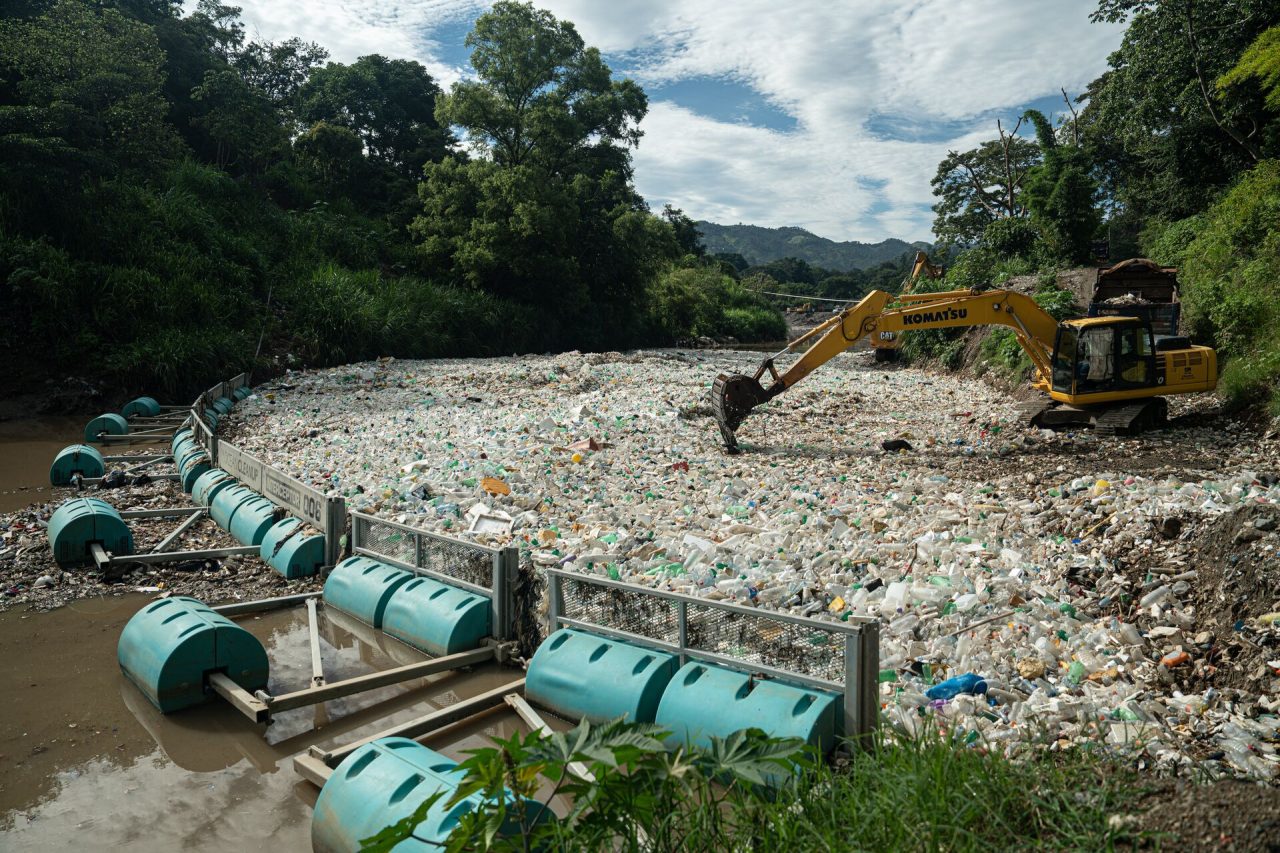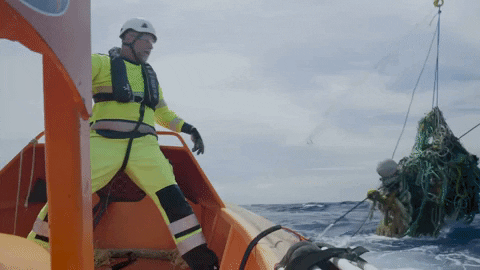Legacy oceanic plastic pollution must be addressed to mitigate possible long-term ecological impacts
November 2023, article in a peer-reviewed journal
Microplastics and Nanoplastics
Abstract
Scientific research over the past decade has demonstrated that plastic in our oceans has detrimental consequences for marine life at all trophic levels. As countries negotiate an international legally binding instrument on plastic pollution, the focus is on eliminating plastic emissions to the environment. Here, we argue that, while this endeavour is urgently needed to limit the negative impacts of plastic on ocean ecosystems, the reduction of the plastic flow to the environment should not be the sole purpose of the negotiations. Legacy oceanic plastic pollution is also a major concern that needs to be addressed in the coming Treaty. Plastic is ubiquitous and persistent in the environment, and its slow degradation produces uncountable amounts of potentially even more impactful micro- and nanoparticles. Thus, plastic that is already present in the oceans may continue to affect ecosystems for centuries. Recent global assessments reveal that microplastics could have a significant impact on biogeochemical cycles and microbial food chains within ocean ecosystems that may be equivalent to those of climate change. Therefore, we argue that cleanup initiatives are essential to avoid further longterm impacts of legacy oceanic pollution. The upcoming international negotiations to develop a new Global Plastics Treaty should aim at urgently reducing the flow of plastic to the marine environment while supporting innovative solutions towards efficient monitoring and cleanup of the legacy oceanic plastic pollution.

